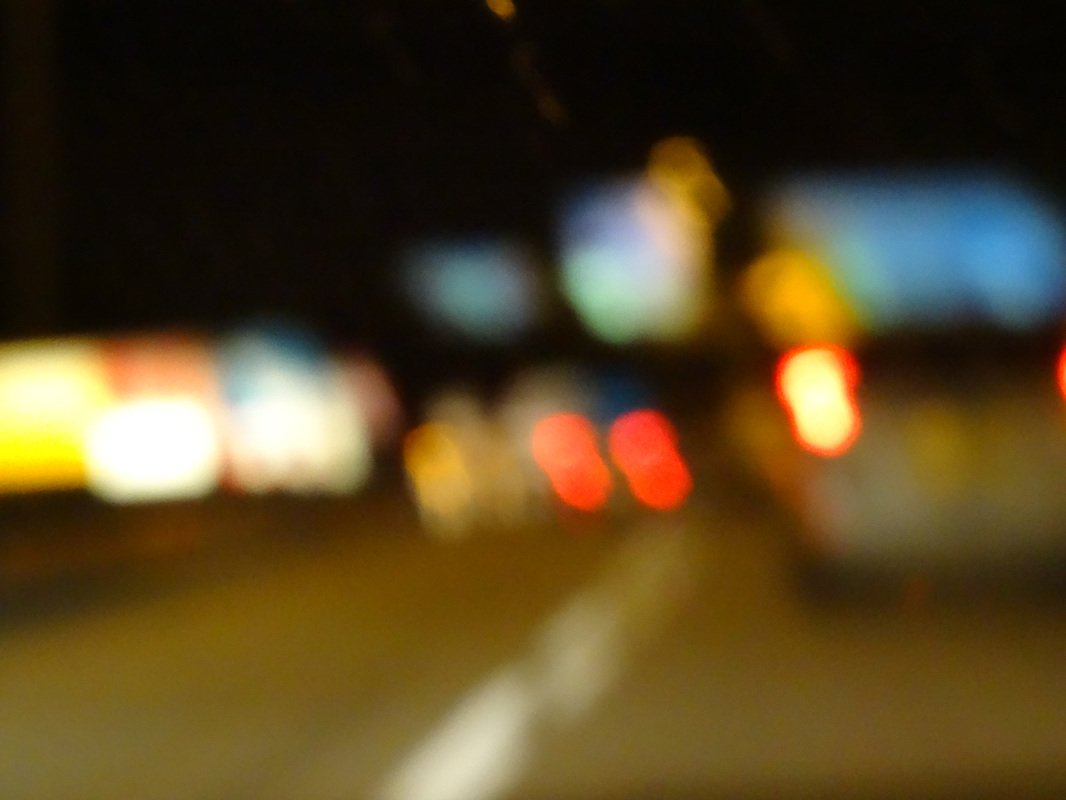My local ruin
Heritage New Zealand has lately annoyed the nation's philistines by championing the preservation of that masterpiece of brutalist architecture, the former Teachers Training College in Karori.
Perhaps I can interest Heritage New Zealand in the preservation of Pepperwood Mews, one of the most spectacular examples of Auckland's leaky buildings aesthetic and a Glen Eden landmark.
Since 2004 the Mews has been evacuated, looted, squatted, and tagged. Its windows have the dark blank stare of war widows.
When Auckland Council funded Pepperwood Mews, it talked of a housing crisis. The building soon began to leak; tenants moved out; the homeless took councillors' rhetoric too literally, and began to squat. Police removed them, but their urine and vomit stains and tags remain, as quaintly obscene as the murals unearthed at Pompeii.
Apart from being a masterpiece of leaky building aesthetics, the Mews was site of the longest robbery in NZ history. In 2011 a team of orange-vested men laid out cones, spent months moving purposefully in and out of the Mews. They stole everything, including doors & sinks.





